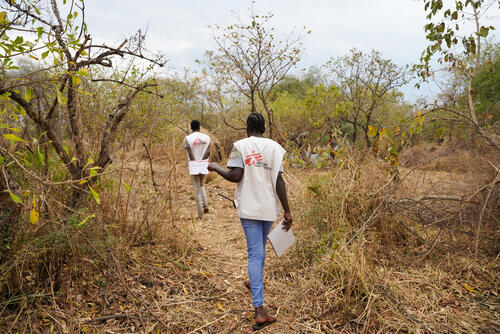Discover all our latest news, stories and publications. Use the filter to get to the content you're looking for.

Activity Update, October 2015
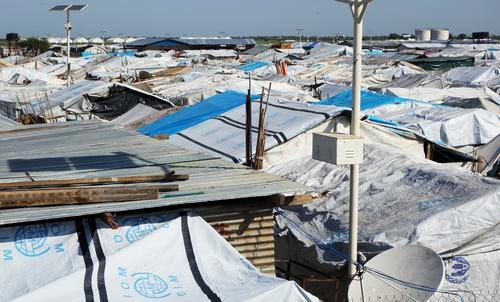
Malakal, An Inadequate Refuge

MSF treats 60 people wounded in grenade explosions
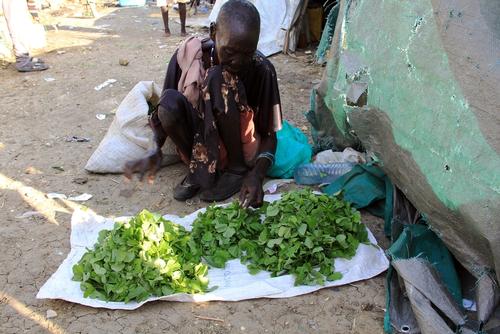
"The root cause of these illnesses is overcrowding and sub-standard living conditions"
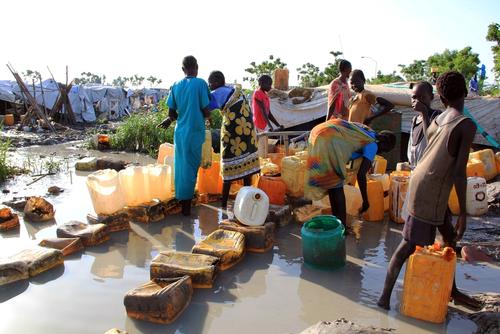
Dramatic increase in patients in Malakal’s UN site as living conditions jeopardise health of thousands
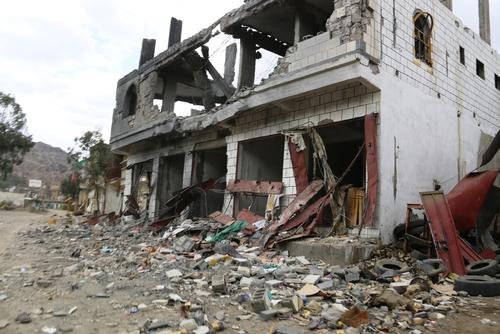
“The air raids continued with 10 to 15 almost every day”
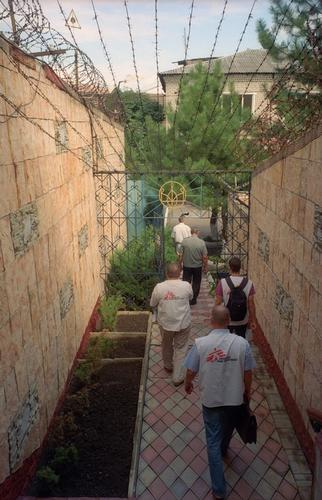
Termination of MSF support to MDR-TB programme in the penitentiary system after accreditation was cancelled on 19 October

Living beneath the bombs in Haydan
Challenges in Responding to Massive Displacements in Resource-poor Settings
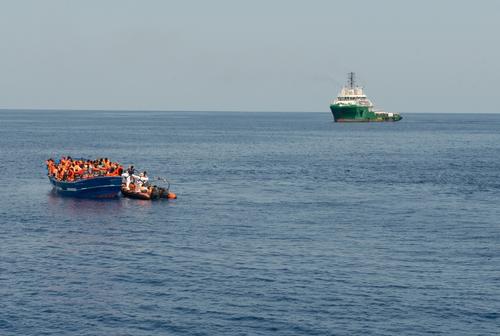
Provide Safe Passage
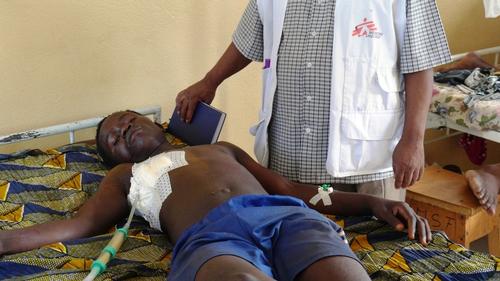
MSF reinforces medical activities in Bangui following more than a month of renewed violence
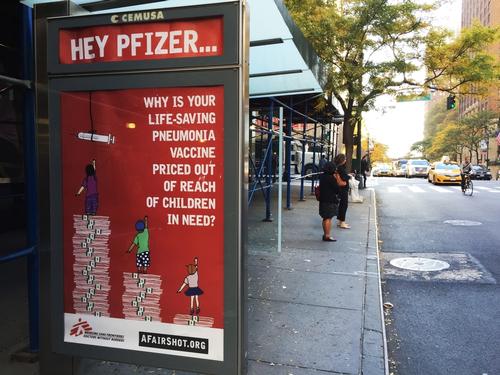
MSF launches global action against Pfizer and GlaxoSmithKline to cut the price of the pneumonia vaccine
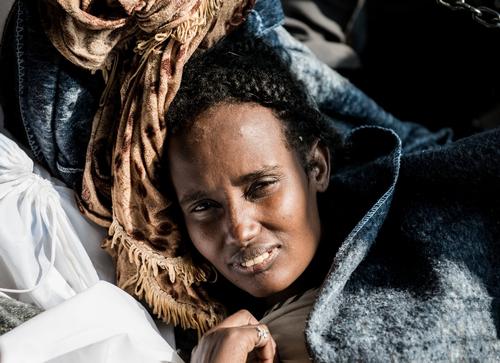
"The only way you can leave is by sea"

Crisis Update – October 2015
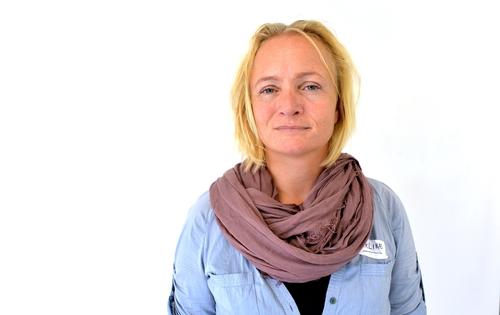
"The children have a game called airstrike in which they fall to the ground"
Reaching out to Ebola victims: Coercion, persuasion or an appeal for self-sacrifice?
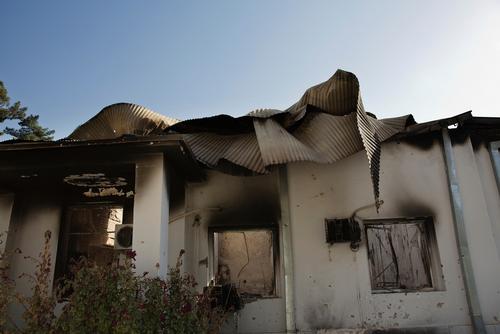
Kunduz, Afghanistan, 36°43’4.91’’N, 68°51’43.96’’

Crisis update – 10 November 2015
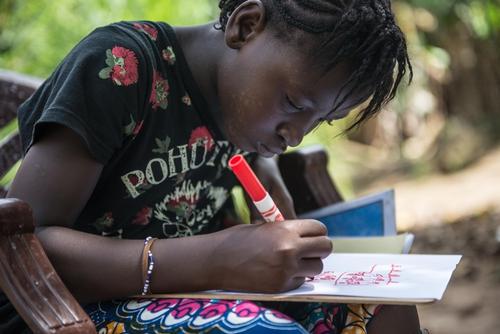
“Science should be at the service of survivors”

Press briefing from Kabul on Kunduz attack
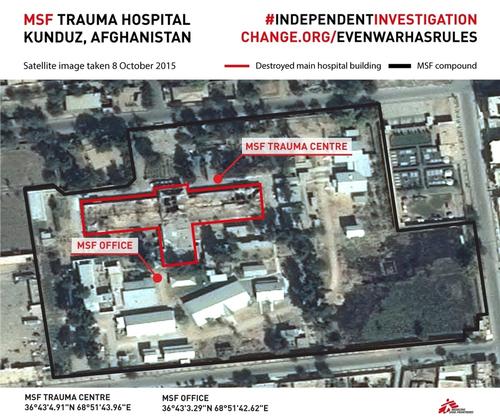
MSF releases internal review of the Kunduz hospital attack

Interactive map of our Trauma Hospital in Kunduz before and after the attack
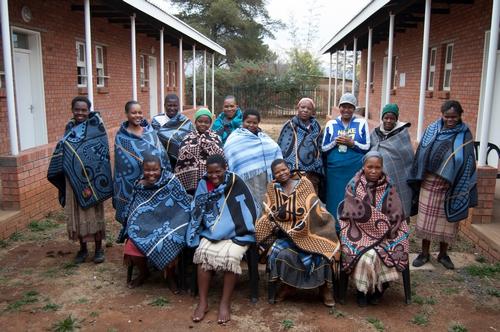
Free maternal care has an impressive return on investment
Primer: Protection of medical services under International Humanitarian Law

How we deliver medical humanitarian assistance
Everywhere we work, the circumstances are unique. Nonetheless, our programmes generally follow a common set of practices designed to make sure our resources and expertise are used to maximum effect.




